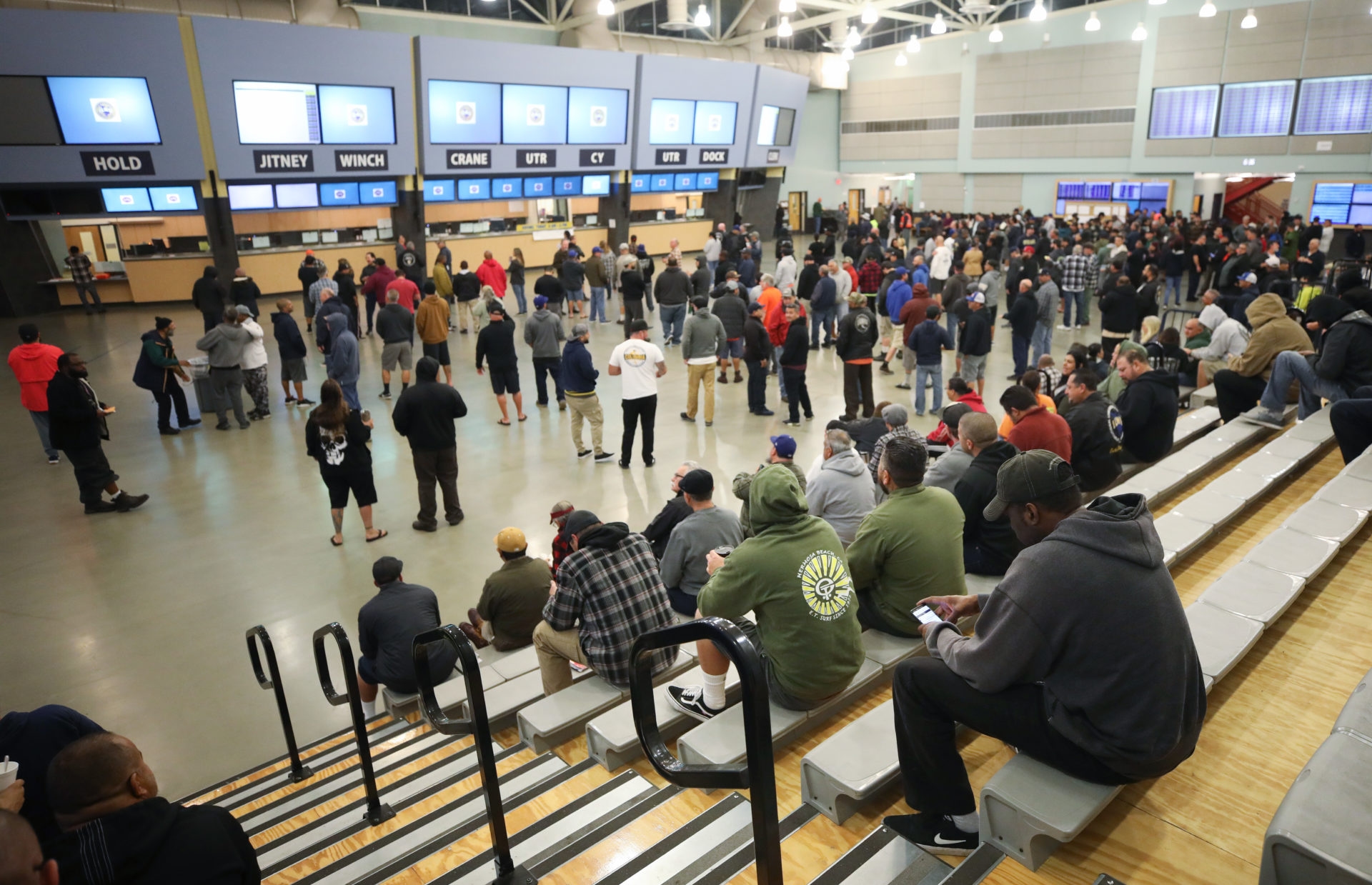Regulators Weigh Opening Up Banks to Small-Dollar Lending Amid Pandemic

Talks between regulators to open up the small-dollar lending market to banks are continuing amid the coronavirus pandemic, according to two federal banking regulator staff members, with new importance assigned to the issue as experts fear that a wave of Americans will need help covering gaps in their budgets.
With the pandemic continuing to worsen, companies are starting to lay off workers, with many more rounds coming in the next few months as the economy grinds to a halt. These layoffs are expected to first hit workers in industries where many are already relying on tips or living paycheck to paycheck, in the service and travel industries.
And in an economy where more than a third of U.S. adults can’t cover a $400 emergency expense, experts anticipate the rise in unemployment to create a surge in small-dollar lending, as more consumers might soon need to borrow a few thousand dollars to pay rent, car payments or other expenses as the economic downturn continues.
“It’s certainly going to be a need many Americans will have in the next few months,” said Ryan Donovan, chief advocacy officer for the Credit Union National Association.
While some lenders can borrow on credit cards — one of the cheapest ways for an individual consumer to access credit — that might not be an option for those with poor credit history. And not all consumers have access to credit unions, which are better positioned than banks to give out small-dollar loans.
The most likely way regulators would approach this issue would be to give banks some clarity on entering the small-dollar lending market, experts say, which many have avoided because they fear regulatory reprimand in the future, despite some urging from Trump-appointed regulators to compete with payday lenders.
Currently, bank regulators including the Office of the Comptroller of the Currency and the Federal Deposit Insurance Corp. have for months floated guidance between themselves that would make many more banks comfortable with offering the loans. The guidance would be designed to encourage all banks to make small-dollar loans, rolling back harsh restrictions on the market issued by the agencies in 2013.
“Encouraging banks to provide more responsible options to meet the short-term small-dollar needs of their customers remains a priority for the Comptroller of the Currency and perhaps has never been more important as the nation responds to” the COVID-19 emergency, an OCC spokesperson said in a statement.
Conversations on the issue are ongoing, according to an FDIC staffer.
But advocates for the updated regulatory guidance argue that it’s better that banks issue small-dollar loans than other financial institutions, such as high-interest payday lenders.
“Community banks are not payday lenders,” said Rhonda Thomas-Whitley, vice president and regulatory counsel at the Independent Community Bankers of America, which has advocated for more community banks to issue small-dollar loans. “Community banks stand apart: They are known to accommodate their customers with loans that are not abusive and not predatory, and loans that do not keep their customers in a negative cycle of debt.”
Efforts to expand small-dollar loans have been met with criticism from some community advocates, who say that allowing banks to make more of these loans would only expand predatory lending, not curb it. And they’ve argued that small-dollar, short-term loans still carry high annualized rates and catch consumers in a cycle where the loan becomes impossible to pay off.
“The last thing we should do is expand the prevalence of loans that are known to put people in a worse position than they start,” said Rebecca Borné, senior policy counsel at the Center for Responsible Lending. “Right now, more than ever, people need protection from exploitative lending.”
The Community Financial Services Association, a trade group that represents payday lenders, said it is urging its members to work with customers during the pandemic.
“We recognize that many of your customers may undergo financial hardships during this pandemic,” the group said in a note to its members. “As businesses across the country begin to temporarily close stores, reduce employee hours or implement other responsive measures to the crisis, member companies should be prepared to assist customers who may not be able to repay their small-dollar loans in a timely manner. Therefore, members are expected to work with their customers to set up reasonable repayment programs, especially during times such as these.”
Consumer advocates say they would prefer legislation or guidelines that would lower annual interest rate caps to 36 percent, compared to payday lenders, who routinely carry rates of more than 400 percent.
“One of the problems is that predators will try to take advantage of this crisis, like every other crisis,” said Dennis Kelleher, president of Better Markets. “And that will have to get addressed.”
Claire Williams previously worked at Morning Consult as a reporter covering finances.
Related content

As Yoon Visits White House, Public Opinion Headwinds Are Swirling at Home

The Salience of Abortion Rights, Which Helped Democrats Mightily in 2022, Has Started to Fade
